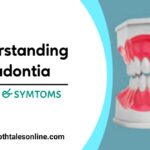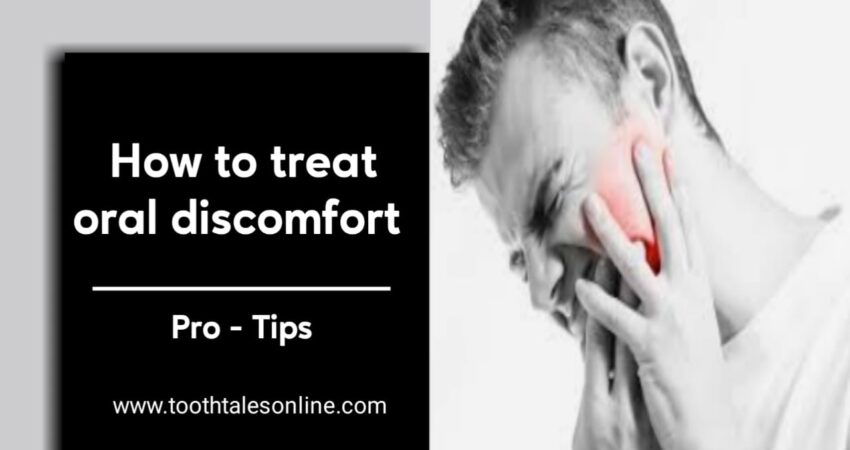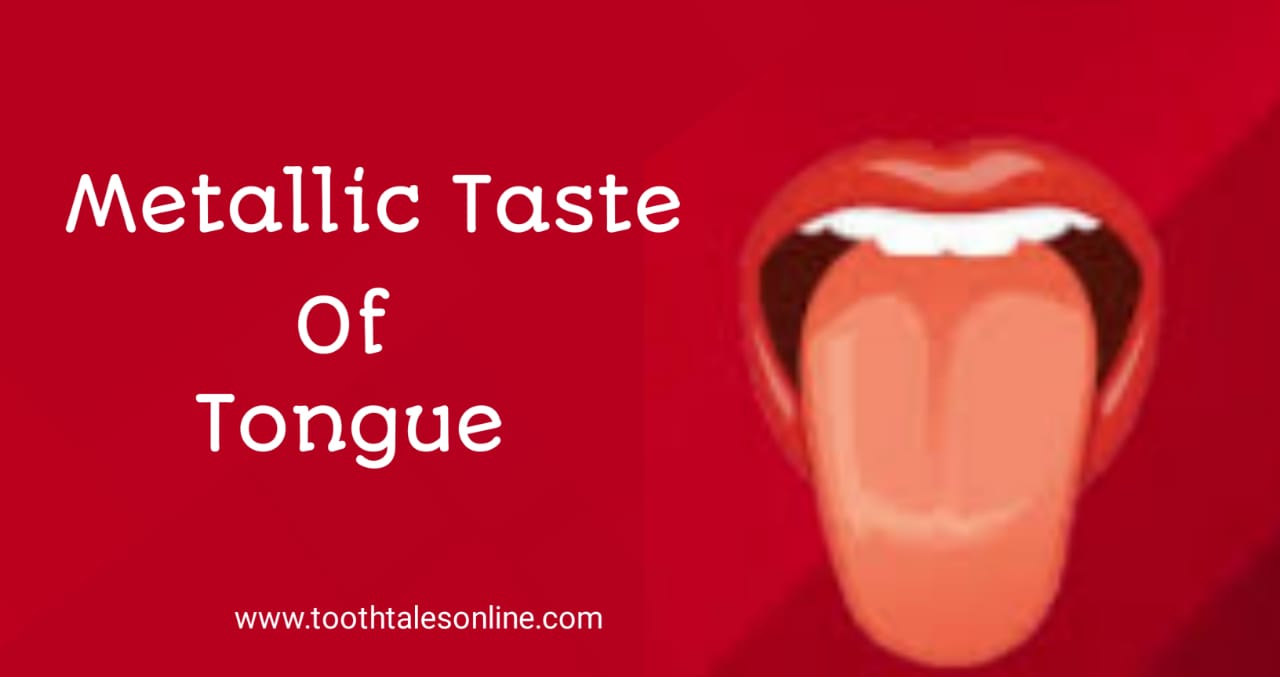Introduction:
A metallic taste in the mouth can be a perplexing and unsettling experience, prompting individuals to seek answers and solutions. This phenomenon, often referred to as dysgeusia, can arise from various underlying causes, ranging from benign to potentially serious. In this comprehensive exploration, we will delve into the common triggers, associated conditions, and effective remedies for a metallic taste in the mouth.
Understanding Dysgeusia:
Dysgeusia is a taste disorder characterized by an abnormal taste sensation, such as a metallic or bitter flavor in the mouth. While it is not a standalone condition, dysgeusia often manifests as a symptom of an underlying issue affecting the taste buds or the sensory pathways associated with taste perception.
Common Causes of Metallic Taste:
- Medications:
- Chemotherapy drugs
- Antibiotics (e.g., metronidazole)
- Antidepressants
- Antihypertensive medications
- Medical Conditions:
- Sinus infections
- Gastroesophageal reflux disease (GERD)
- Diabetes
- Liver or kidney diseases
- Hormonal changes (pregnancy, menopause)
- Dental Issues:
- Gum disease
- Dental infections
- Metal dental fillings
- Nutritional Factors:
- Vitamin and mineral deficiencies (e.g., zinc)
- Dietary changes or imbalances
- Excessive consumption of iron or copper
- Neurological Disorders:
- Multiple sclerosis
- Alzheimer’s disease
- Parkinson’s disease
- Environmental Exposures:
- Heavy metal poisoning (lead, mercury)
- Exposure to certain chemicals or pollutants
- Pregnancy:
- Hormonal fluctuations during pregnancy may lead to dysgeusia.
Impact of Lifestyle Factors:
- Smoking:
- Tobacco use can contribute to a persistent metallic taste.
- Diet:
- Consumption of strongly flavored foods, such as garlic or onions, may exacerbate the metallic taste.
- Dehydration:
- Inadequate water intake can affect saliva production, leading to taste abnormalities.
Addressing Dysgeusia:
- Consultation with Healthcare Professionals:
- Seeking medical advice is crucial to identify and address the underlying cause of dysgeusia.
- Medication Review:
- If medications are suspected culprits, discussing alternatives or adjusting dosages with a healthcare provider may be beneficial.
- Oral Hygiene:
- Maintaining good oral hygiene, including regular dental check-ups, can help prevent and manage dysgeusia related to dental issues.
- Nutritional Support:
- Addressing nutritional deficiencies through dietary changes or supplements, under medical supervision, may alleviate symptoms.
- Hydration:
- Ensuring adequate water intake supports saliva production and can help alleviate a persistent metallic taste.
- Environmental Assessment:
- Identifying and minimizing exposure to potential environmental toxins can be crucial in cases of metal poisoning.
Conclusion:
A metallic taste in the mouth is a multifaceted issue with diverse causes, making a comprehensive evaluation essential for effective management. By understanding the potential triggers and adopting targeted strategies, individuals experiencing dysgeusia can work towards improving their quality of life. Seeking professional guidance and maintaining a proactive approach to oral and overall health are integral steps in addressing and overcoming the challenges posed by a metallic taste in the mouth.



















Add Comment